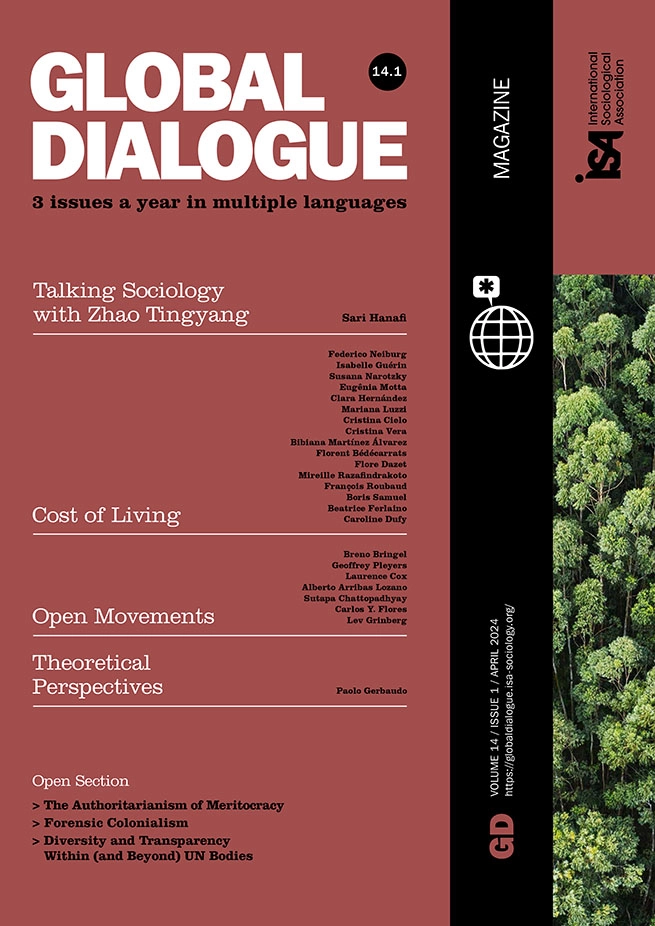Dhaka: Megacity of Despair

November 29, 2010
In 2008 more than 50 percent of the world population of nearly seven billion became urban. This marked an important milestone in history. In 1800 only 3 percent, in 1900 14 percent and in 1950 30 percent of the world population lived in urban centers. Asia is home to the growing urbanization with a concentration of megacities or cities over 10 million people. By 2000 of the top ten megacities 5 (Tokyo, Bombay, Shanghai, Kolkata, and Delhi ranked number 1,5,6,7, and 8 respectively) were in Asia. In fact, seven of the 10 such cities were in the developing world.
As one of the top 11 megacities, Dhaka is probably the fastest growing in the world. Between 1990 and 2005, the population of Dhaka swelled from 6 million to 12 million. It is projected that by 2025 eight of the ten megacities will be in Asia with Dhaka ranked fourth following closely on the heels of Tokyo, Bombay and Delhi.
Historically, urbanization was the result of industrialization. In the developing world urbanization without employment-generating-industrialization or even informal work is often the norm, resulting in a concentration of the poor. Of Dhaka’s estimated population of 15 million, 28% are poor and live in the slums. It is “slumization” rather than urbanization. Slums in Dhaka signal the growth of the informal sector of the economy. Majority of the slum-dwellers are actively engaged in the urban economy; some are rickshaw drivers, others – mostly women -- work as part-time domestics for the middle class households. The recent growth of apparel industries located in Dhaka has also attracted a huge number of rural women who have found employment, thereby further adding to the city population. The zoning laws of the city are rarely enforced. The urban landscape is a mish mash of smart residential areas woven with commercial districts. Urban problems are most visible on the street with snarled up traffic that makes Dhaka one of most anarchic cities in the world.
Bangladesh has made reasonable progress in reducing poverty. The problems of Dhaka lie in the governance of the city. Dhaka is managed in part by the various ministries of the central government as well as the mayor’s office, resulting in complicated problems of coordination. Since the national government is run by the Awami League and the city mayor is from the rival Bangladesh Nationalist Party, it becomes a political problem. The two parties do not see eye to eye on most national issues with sharp ideological differences between them.
Dhaka has survived for the past 400 years over which time it has seen rise and decline, opulence and poverty. The city was made a provincial capital in the late seventeenth century by the Mogul rulers. During the British rule the city declined as Kolkata rose, but since 1971it has been the capital of Bangladesh, growing again albeit in an unplanned manner. Under a capable and democratic city government, Dhaka may regain its past glory transforming itself from a megacity of despair into a thriving megapolis.
Habibul Haque Khondker, Member of ISA Executive Committee





